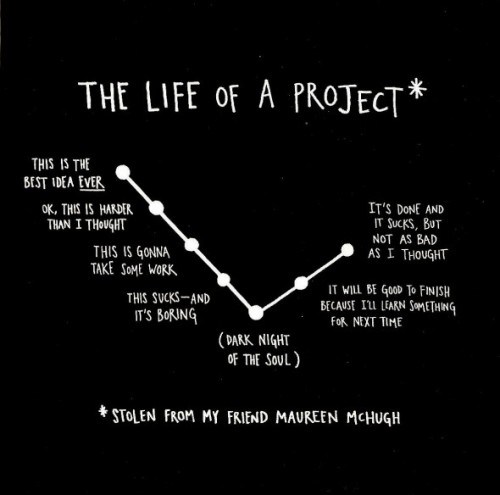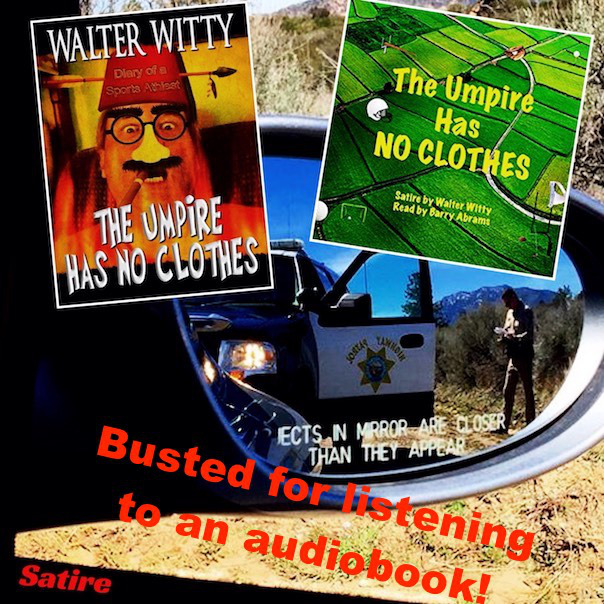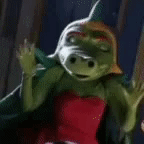I started ‘The Ink’ to share what I’m working on, find other creators, writers and interesting people, and ultimately to satisfyingly scratch the creative itch I’d been ignoring for years.
I’m ‘showing my work’, as Austin Kleon put it.
So, in that spirit, here’s the drawing I did this morning. I’ve been waking up earlier recently and just getting it done, before I have the opportunity to distract myself.
I couldn’t stop tinkering around with my ink brushes, adding specks of colour. But I like the way it came out. I can see a larger version of this as a poster. Hopefully that’s where some of my work will be one day.
Gary Cooper started his film career in the late 1920s, as an extra in westerns – his job was to fall off horses for $5 a pop . It took him about 15 years to become the highest paid actor in Hollywood, and it's biggest box office draw. Absolute style icon.
The practice of creating, putting it out there, improving with every single mark of the pencil, and type of the keyboard is so satisfying. But there is a dark feeling, lurking just beneath the surface here. The social triggers built into all of the platforms that enable us to share our work can leave us lusting after virality, beating ourselves up over the number of likes we receive. Our psychology has been manipulated and (perhaps permanently) altered.
With all of that social conditioning, blogging can sometimes feel like howling into the abyss when you don’t get an immediate dopamine hit of a like. But it takes time to be discovered, and you need to fill that time with creating good work.
It’s so easy to get filled with enthusiasm and energy initially, then realise how hard it is to keep going, quit, and endlessly justify it to yourself and others.
I’m determined to persevere this time.
 From Austin Kleon’s Tumblr, found here:
From Austin Kleon’s Tumblr, found here:
Here’s three positives you can extract from the difficulty of gaining attention in an increasingly crowded world:
1. Relative anonymity gives you the opportunity to get better
I haven’t had a consistent practice of drawing or writing for years. I’ve sporadically started work an idea or done a half hearted sketch, but never sat down and put in the work every single day. Why would I be any good with that kind of work ethic? Still, I daydreamed and imagined being a creator one day…
Now, every day is an opportunity to get down to business, to practice, read widely, watch interesting things, think about them, draw my icons, and improve.
Bill Burr, one of my inspirations (not just in comedy, but in life), didn’t start stand up until he was in his late 20s. He’s spoken at length about how badly he bombed on stage at the start, how many opportunities he messed up. Now he’s grateful for all that time. He needed those formative years, all of those experiences, to forge him into one of (if not the) funniest and most successful comedians in the world today. All those years toiling away meant that when opportunities finally arose, he was absolutely ready to take advantage of them.
I like finding stuff that I suck at and trying to get better. So I’m taking classes, getting myself comfortable in an acting scene. You’ve got to work out those ticks.
Bill Burr
A great podcast to get to know Bill, where he tells some interesting stories about his early years, is with Tim Ferriss. You can find it here.
Bill also hosts his own podcast, which he’s kept up for many years now. It’s absolutely hilarious, and he uses it to work out new material for his sets – definitely give it a listen.
Bill’s podcast is actually a fantastic example of the benefits of consistent, focussed practice coming to fruition over many, many years. It was his outlet, before his TV series took off, before his Netflix specials – and yet he still records one several times a week to this day. What does that tell you?
2. Increased likelihood of experiencing ‘flow’ state
You may have come across this concept – it’s been quite trendy over the last few years.
To put it simply, think of an occasion you completely lost track of time. You were probably doing something you really, really enjoy. Maybe you were on a date, engaged in this fantastic conversation with someone you love. Or perhaps you were playing football, passing, dribbling and fully engaged in the game. For me, I get into it pretty much every time I draw, and sometimes when writing.
It’s that state of full absorption in the task at hand, absolute focus, in an activity which is enjoyable but challenging. You lose track of time, space, and your only goal is to keep doing what you’re doing in that moment.
Here’s an incredible Ted Talk on the topic, with one of the primary researchers into flow states, Mihaly Cskiszentmihalyi (I promise I wrote that name out in one go, no typos):
People chase after this feeling with narcotics, expensive cars and lots of other external validation.
It’s eminently possible that you can achieve this pure joy, completely grounded in the present moment, without any of that stuff.
Here’s how:
Simply pick an activity you can improve at! Try out as many as you need to before settling. You’ve got time
Then, spend time doing it consistently, working towards improving. I guarantee you’ll find this feeling there.
3. Finding meaning in work
Every single article I write, each drawing I do – it’s all contributing towards this huge project. The project of life. I’m building my life’s work, brick by brick. It’s incredibly satisfying.
Satisfaction (which is, of course, entirely different from pleasure) is derived from progression towards a long term goal. How satisfied you feel depends on how much progress you’ve made, and the relative importance of the goal.
I can’t think of many better ways to spend my time than creating, editing, curating, and working.
Share this:Life is without meaning. You bring the meaning to it.
Joseph Campbell





